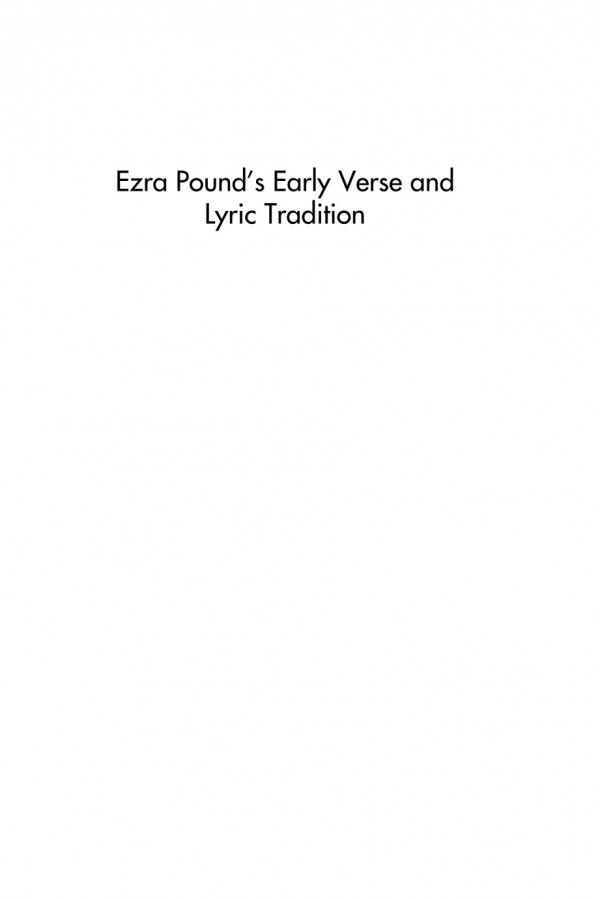

Most ebook files are in PDF format, so you can easily read them using various software such as Foxit Reader or directly on the Google Chrome browser.
Some ebook files are released by publishers in other formats such as .awz, .mobi, .epub, .fb2, etc. You may need to install specific software to read these formats on mobile/PC, such as Calibre.
Please read the tutorial at this link: https://ebookbell.com/faq
We offer FREE conversion to the popular formats you request; however, this may take some time. Therefore, right after payment, please email us, and we will try to provide the service as quickly as possible.
For some exceptional file formats or broken links (if any), please refrain from opening any disputes. Instead, email us first, and we will try to assist within a maximum of 6 hours.
EbookBell Team

4.1
60 reviewsTraces the lyricism and musicality in Pound's early verse through to his radical Modernist style
Robert Stark argues that Pound learned how to write poetry more or less as if it was a foreign tongue - or poetic 'jargon' - with a unique lexicon, grammar, and even morphology, and that his most innovative poetry is the result of his ambivalent orientation towards different European literary traditions.
Stark contextualizes Pound's poetic craft by examining his relationship to the Mediaeval and Classical originators of the methods he employs and by considering the practice and criticism of his immediate Victorian and Romantic predecessors. He explores the influence of poets such as François Villon, Guido Cavalcanti, Robert Burns, Robert Browning, Algernon Charles Swinburne and Walt Whitman on Pound's lyrical style. For Stark, Pound's multi-vocalism arises out of his interest in dialect and the acoustic qualities of speech which leads to a 'modern' barbarous language marked by polysemy and heterogeneity.